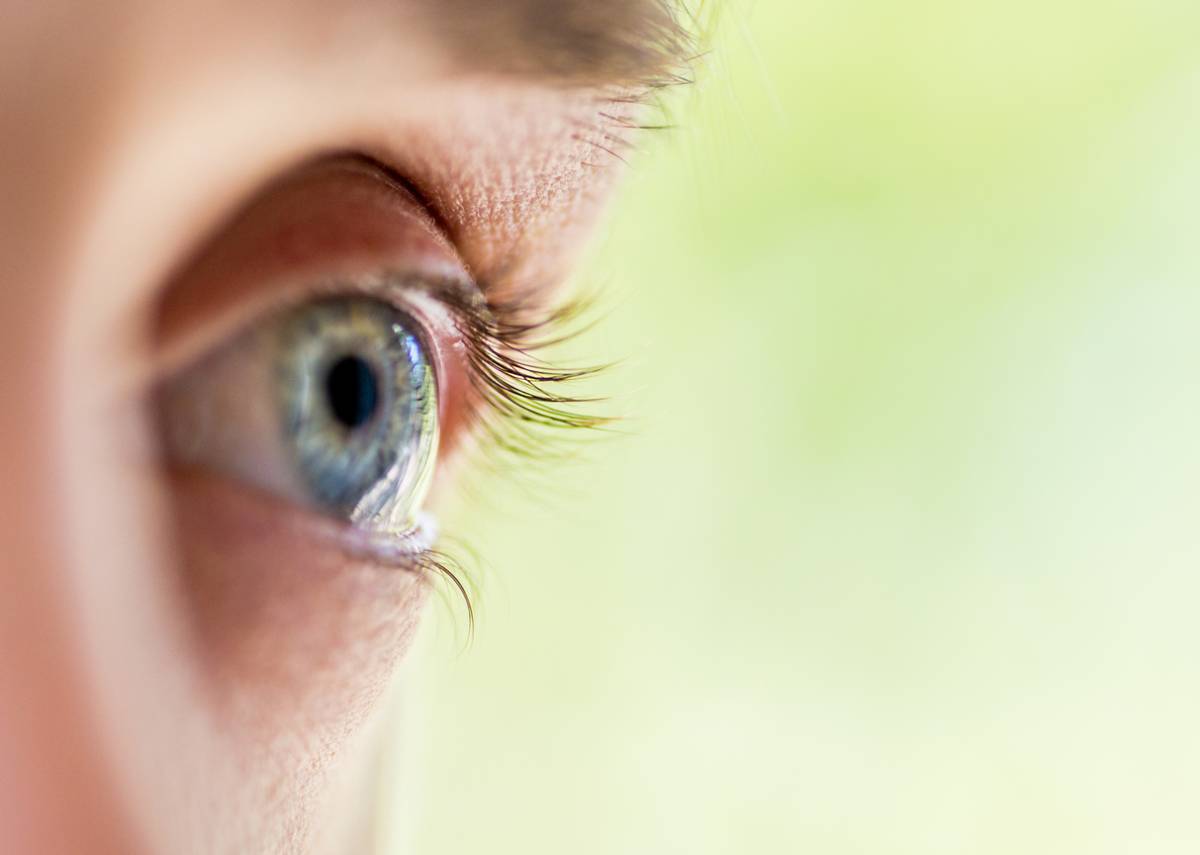Cataracts, a natural part of the aging process, can bring about vision challenges that were once unthinkable. As we grow older, the lenses of our eyes go through natural damage, resulting in the formation of a milky layer on their surfaces. Over time, these cataracts will grow and lead to visual impairments, as well as a range of other health issues that can extend well beyond your eyes.
How to Minimize Cataract Surgery Recovery: Key Healing Tips
If you find yourself struggling to see clearly or facing difficulty in making out distant objects, it’s possible that you are dealing with cataracts. Prolonged neglect of your cataracts could lead to complete vision loss; however, cataract surgery can remove the filmy lenses and improve your vision. Today, we are going to talk about how to minimize cataract surgery recovery with our key healing tips.
Understanding Cataract Surgery
At Advanced Eye Medical, our specialists employ the most advanced techniques to completely eliminate cataracts from the eyes. Typically, this works using a precise laser without the use of blades, cutting into the eye without leaving an incision. This technique, in combination with our high-end light-adjustable lens for cataracts, makes cataract surgery a minimally invasive procedure with hardly any downtime needed.
During surgery, the surgeon creates a small incision in the cornea using the laser, creating a flap that will work to remove the cataract. After the cataracts are removed, a replacement intraocular lens is then positioned in the same area. After a few days, your eyes will adjust to this new lens and you will be able to relive the freedom of clear vision, uninhibited by cataracts.
Preventive Measures Against Cataracts
If the symptoms of cataracts are mild or absent, there may be ways to avoid the need for cataract surgery altogether. For example, you can wear sunglasses when you go outdoors to protect against sun damage. An investment in a healthy diet and exercise routine can also benefit your vision, keeping the rest of your body in balance.
Post-Surgery Expectations
Similar to any surgical intervention, cataract removal surgery involves a small recovery period where you will need to rest your eyes for a few days. You might experience mild discomfort, itching, and sensitivity to light for up to 48 hours; don’t worry, this is a normal part of the recovery process. Your symptoms should fade after a couple of days.
Although some discomfort remains expected in the days following the surgery, genuine pain should prove minimal. Your doctor might prescribe eye drops for a few weeks after the cataract removal surgery to aid healing and keep the area clean of infections. It’s a good idea to avoid strenuous activities during this time, such as lifting heavy objects, bending, or even rubbing your eyes when you are tired.
Restore Clarity to Your Vision and Say Goodbye to Cataracts
Are you having trouble seeing what’s right in front of you? Do you find yourself grappling with cloudy or blurred vision? Perhaps you’ve noticed a filmy layer over your eyes. These could be sure signs that cataracts are present. But there is no need to worry because your local eye experts are available to help. Using our advanced methods, we can completely eliminate cataracts without using a single blade. The removal surgery itself is not painful, though a brief period of recovery is necessary. Any lingering feelings of discomfort or pain should be discussed with Dr. Ghosheh right away.
For a deeper understanding of cataracts and insights into the removal process, connect with Dr. Ghosheh at Advanced Eye Medical today. Take a proactive step toward the best cataract care available when you contact our eye surgery center and ask to schedule a personal consultation.

